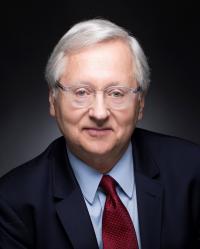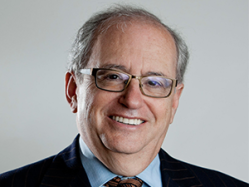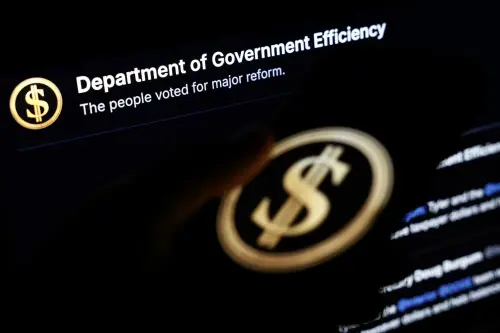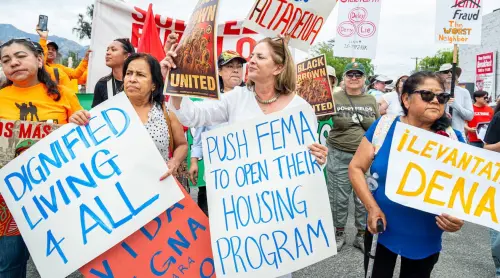Executive Summary
The political world has been arguing about campaign finance policy for decades. A once rich conversation has become a stale two-sided battleground. One side sees contribution or spending limits as essential to restraining corruption, the appearance of corruption, or the “undue influence” of wealthy donors. The other resists any such limits in the name of free speech.
The time has come to leap over this gulf and, as much as possible, move the disputes from the courts. Preventing corruption and protecting free speech should each be among the key goals of any policy regime, but they should not be the only objectives. This report seeks to change the ongoing conversation. Put simply, instead of focusing on attempts to further restrict the wealthy few, it seeks to focus on activating the many.
This is not a brief for deregulation. The members of this working group support limits on contributions to candidates and political parties. But we also recognize the limits of limits. More importantly, we believe that some of the key objectives can be pursued more effectively by expanding the playing field.
Interactive communications technology potentially can transform the political calculus. But technology alone cannot do the trick. Sound governmental policies will be essential: first, to protect the conditions under which a politically beneficial technology may flourish and, second, to encourage more candidates — particularly those below the top of the national ticket — to reach out to small donors and volunteers.
We focus on participation for two reasons. First, if enough people come into the system at the low end there may be less reason to worry about the top. Second, heightened participation would be healthy for its own sake. A more engaged citizenry would mean a greater share of the public following political events and participating in public life. And the evidence seems to suggest that giving and doing are reciprocal activities: volunteering stimulates giving, while giving small amounts seems to heighten non-financial forms of participation by people who feel more invested in the process.
For these reasons, we aim to promote equality and civic engagement by enlarging
the participatory pie instead of shrinking it. The Supreme Court has ruled out pursuing equality or civic engagement by constraining speech. But the Court has never ruled out pursuing these goals through policies that do not constrain speech.
This report will show how to further these ends. The first half surveys current conditions; the second contains detailed recommendations for moving forward.
The report begins with new opportunities. The digital revolution is altering the calculus of participation by reducing the costs of both individual and collective action. Millions of American went online in 2008 to access campaign materials, comment on news reports, watch campaign videos and share information. The many can now communicate with the many without the intervention of elite or centralized organizations. This capacity has made new forms of political organizations easier to create, while permitting the traditional organizations — candidates and parties — to achieve unprecedented scales of citizen participation. No example better illustrates this potential than the Obama campaign of 2008, which is discussed at length in the full report.
The Brookings Institution is committed to quality, independence, and impact.
We are supported by a diverse array of funders. In line with our values and policies, each Brookings publication represents the sole views of its author(s).




